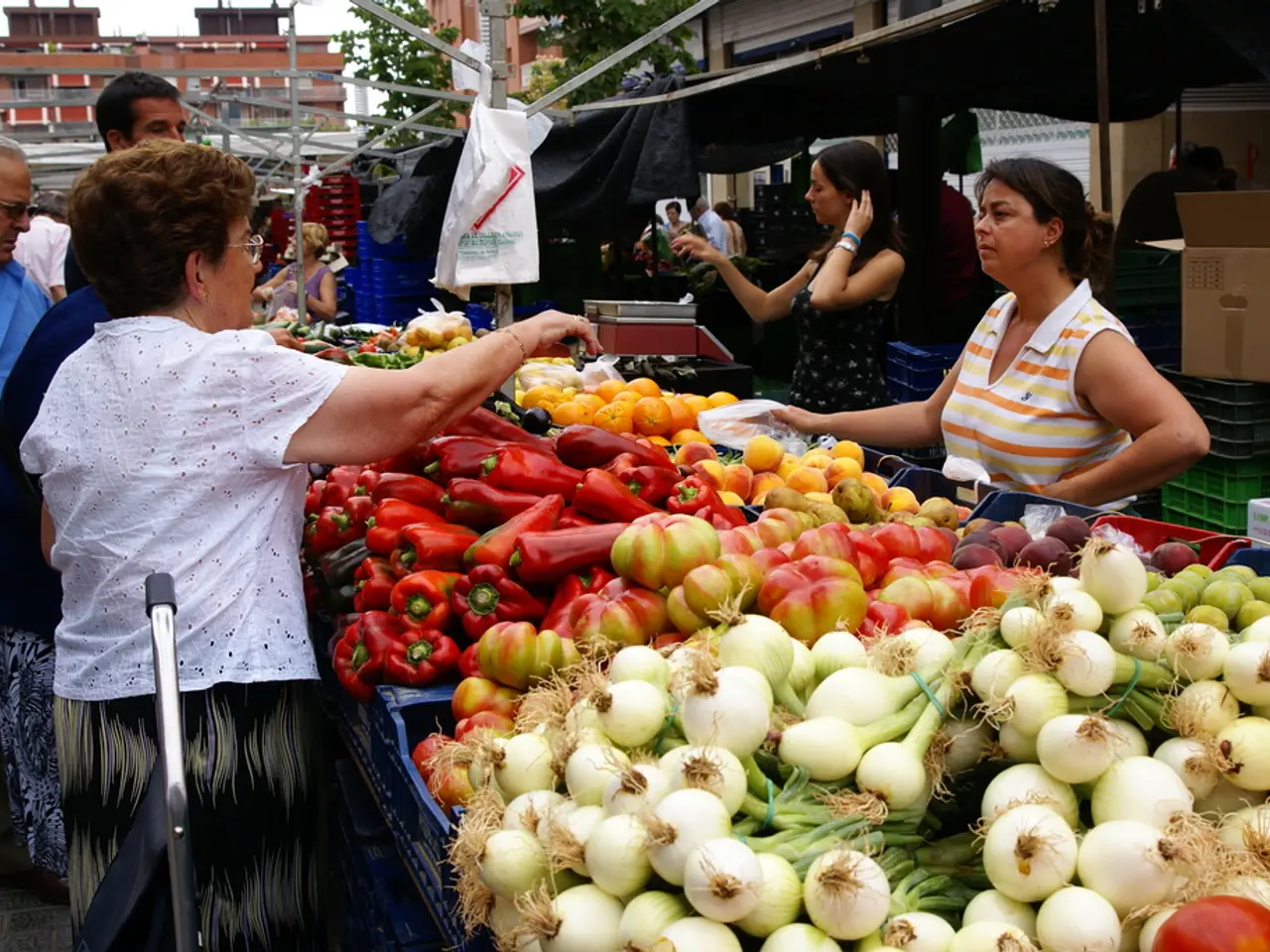Four days remaining to resolve the complex issue of worldwide plastic pollution in the proposed treaty
The United Nations (UN) is currently crafting a global treaty to address plastic pollution, with four days left in the negotiations. The ambitious INC-5.2 session held from August 5 to 14, 2025, in Geneva failed to finalize an agreement on a legally binding treaty addressing the full lifecycle of plastics from design to disposal.
The intention behind this treaty is to create the world’s first legally binding global agreement to tackle plastic pollution comprehensively, including production, consumption, and waste management stages. This comprehensive scope is motivated by the growing plastic waste problem, projected to reach 1.7 billion metric tons by 2060 with an associated economic cost estimated at $281 trillion.
Key countries and groups have taken varying stances in the negotiations. The European Union (EU) has pushed for ambitious, binding targets and strict regulatory approaches on plastics throughout its lifecycle to achieve sustainability goals. On the other hand, the United States (US) and India have generally advocated for realistic, enforceable targets balanced with economic and innovation considerations.
Small Island Developing States (SIDS) have emphasized urgent action due to their vulnerability to marine plastic pollution and have advocated for ambitious, binding commitments with strong financial mechanisms and support frameworks. The Youth Plastic Action Network and similar civil society groups have called for the treaty to include binding targets, strong financial mechanisms, and embed human rights considerations – elements strongly supported by vulnerable groups like SIDS.
However, the negotiations have been contentious, with countries divided over the purpose and scope of the treaty. The Like-Minded Group, consisting mostly of oil-producing states, wants the treaty to focus primarily on waste management, while the ambitious group wants a clause to rein in plastic production, which is set to triple by 2060.
The number of brackets in the text has increased nearly five-fold to almost 1,500, indicating a blizzard of conflicting wishes and ideas. The draft treaty has expanded from 22 to 35 pages. Eirik Lindebjerg, global plastics adviser for the World Wide Fund for Nature, expressed concern about a meaningless treaty without binding global rules.
As the negotiations progress slowly, the EU is urging countries to finalize the treaty text and prepare to agree it through a vote if consensus cannot be reached. The ambitious group, which includes the European Union, many African and Latin American countries, Australia, Britain, Switzerland, Canada, and island micro-nations struggling with plastic waste, is pushing for radical action written into the treaty, including measures to curb plastic production and phase out dangerous chemicals.
The treaty is intended to rein in the growing problem of plastic pollution, which poses a threat to the environment and human health. Microplastics have been found on the highest mountain peaks, in the deepest ocean trench, and scattered throughout almost every part of the human body. The treaty is not guaranteed to be settled by universal consensus, but the ongoing negotiations offer a historic opportunity to address this pressing global issue.
References:
[1] UN Environment Programme. (2025). Progress Report on the Negotiations for a Global Treaty on Plastic Pollution. Retrieved from www.unep.org/plasticpollutiontreaty
[2] Youth Plastic Action Network. (2025). Statement on the Negotiations for a Global Treaty on Plastic Pollution. Retrieved from www.youthplasticactionnetwork.org
- The United Nations' (UN) ongoing negotiations for a global treaty aim to address plastic pollution, focusing on production, consumption, and waste management stages.
- The European Union (EU) has been pushing for ambitious, binding targets and strict regulatory approaches, while the US and India favor more balanced targets with economic and innovation considerations.
- Small Island Developing States (SIDS) have emphasized the need for urgent action, advocating for binding commitments, strong financial mechanisms, and human rights considerations.
- The treaty, if finalized, could have far-reaching effects, including measures to curb plastic production, phase out dangerous chemicals, and address the associated economic costs estimated at $281 trillion.
- The global treaty on plastic pollution, a historic opportunity to tackle this pressing global issue, could impact the health of humans and the environment, as microplastics have been found in almost every part of the human body and throughout the world, from mountains to oceans.







